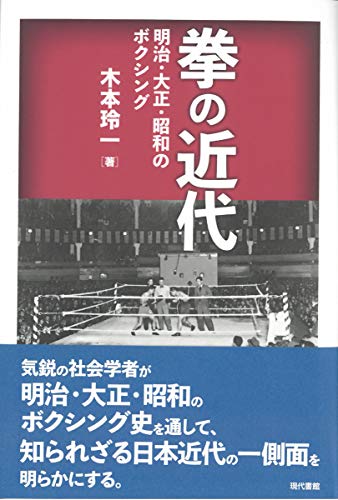5 0 0 0 OA 日本におけるラップ実践をめぐる一考察 そのグローバル/ローカルな意味
- 著者
- 木本 玲一
- 出版者
- 社会学研究会
- 雑誌
- ソシオロジ (ISSN:05841380)
- 巻号頁・発行日
- vol.47, no.2, pp.88-88,176, 2002-10-31 (Released:2016-05-25)
This article explores local practices of Japanese rap, a musical genre originated in devastated U.S. inner-city communities. For a long time, globalization has been understood as processes of invasion, as posited by the "cultural imperialism" thesis. In recent years, however, many scholars have begun to argue that globalization and localization are not so much as opposed as interrelated. Their argument suggests that mutual interaction can be found not only in the political or economic fields, but also in the cultural fields, including that of popular music. Rap music spreads throughout the world as it is distributed by the record industries and has gradually been localized into various parts of the globe, including Japan. As this occurs, localization has aroused the desire to construct "Japanese" rap, -not an "imitation" of U.S. rap but an "original" form. In this article, I will explore and examine the desire through a discussion of the practices that constitute the main dimensions of rap: "sound", "language" and "ideology". In doing so, I shall also focus on the desire to localize rap, and pay particular attention to rap's global / local context.
- 著者
- 木本 玲一
- 出版者
- ソシオロゴス編集委員会
- 雑誌
- ソシオロゴス (ISSN:02853531)
- 巻号頁・発行日
- no.29, pp.250-263, 2005
2 0 0 0 OA 日本におけるラップ実践と人的ネットワーク
- 著者
- 木本 玲一
- 出版者
- The Japanese Association for the Study of Popular Music
- 雑誌
- ポピュラー音楽研究 (ISSN:13439251)
- 巻号頁・発行日
- vol.7, pp.3-14, 2003 (Released:2009-10-29)
- 参考文献数
- 28
- 被引用文献数
- 1
This article examines the networks of people that mediate local rap music in Japan. By focusing on two local rap groups, it explores how they utilize these networks in their live performances and in the releases of their songs. It argues that such networks tend to be constructed in nightclubs and this tendency is connected to the sub-cultural values found on the Japanese rap music scene.
- 著者
- 木本 玲一
- 出版者
- 学術雑誌目次速報データベース由来
- 雑誌
- ソシオロジ (ISSN:05841380)
- 巻号頁・発行日
- vol.47, no.2, pp.88-88,176, 2002
This article explores local practices of Japanese rap, a musical genre originated in devastated U.S. inner-city communities. For a long time, globalization has been understood as processes of invasion, as posited by the "cultural imperialism" thesis. In recent years, however, many scholars have begun to argue that globalization and localization are not so much as opposed as interrelated. Their argument suggests that mutual interaction can be found not only in the political or economic fields, but also in the cultural fields, including that of popular music. Rap music spreads throughout the world as it is distributed by the record industries and has gradually been localized into various parts of the globe, including Japan. As this occurs, localization has aroused the desire to construct "Japanese" rap, -not an "imitation" of U.S. rap but an "original" form. In this article, I will explore and examine the desire through a discussion of the practices that constitute the main dimensions of rap: "sound", "language" and "ideology". In doing so, I shall also focus on the desire to localize rap, and pay particular attention to rap's global / local context.
1 0 0 0 拳の近代 : 明治・大正・昭和のボクシング
1 0 0 0 OA ポピュラー音楽にみるローカルアイデンティティの日米比較研究
1 0 0 0 OA [書評] 毛利嘉孝著『ポピュラー音楽と資本主義』
- 著者
- 木本 玲一
- 出版者
- 日本ポピュラー音楽学会
- 雑誌
- ポピュラー音楽研究 (ISSN:13439251)
- 巻号頁・発行日
- vol.11, pp.23-25, 2007 (Released:2009-10-29)
1 0 0 0 OA スポーツのルールと身体文化 : キックボクシングを事例に
- 著者
- 木本 玲一
- 出版者
- 相模女子大学
- 雑誌
- 人間社会研究 (ISSN:13494953)
- 巻号頁・発行日
- vol.12, pp.69-88, 2015-03


